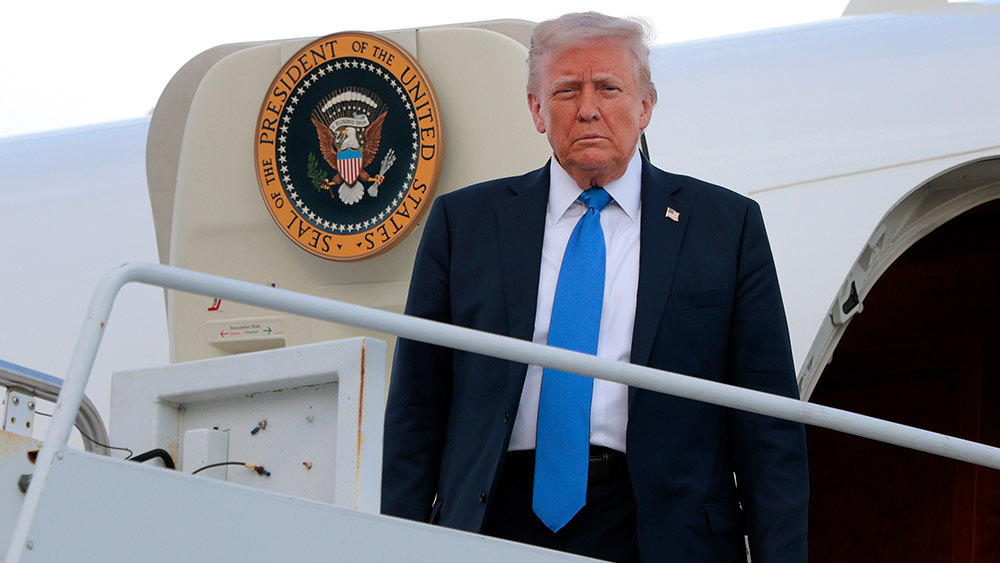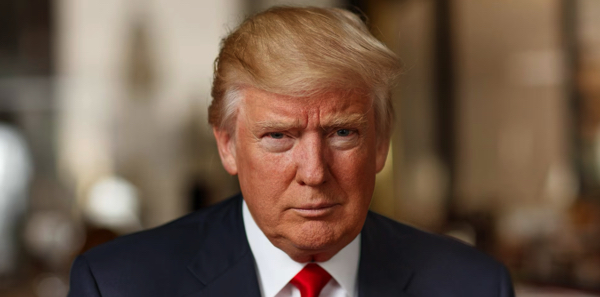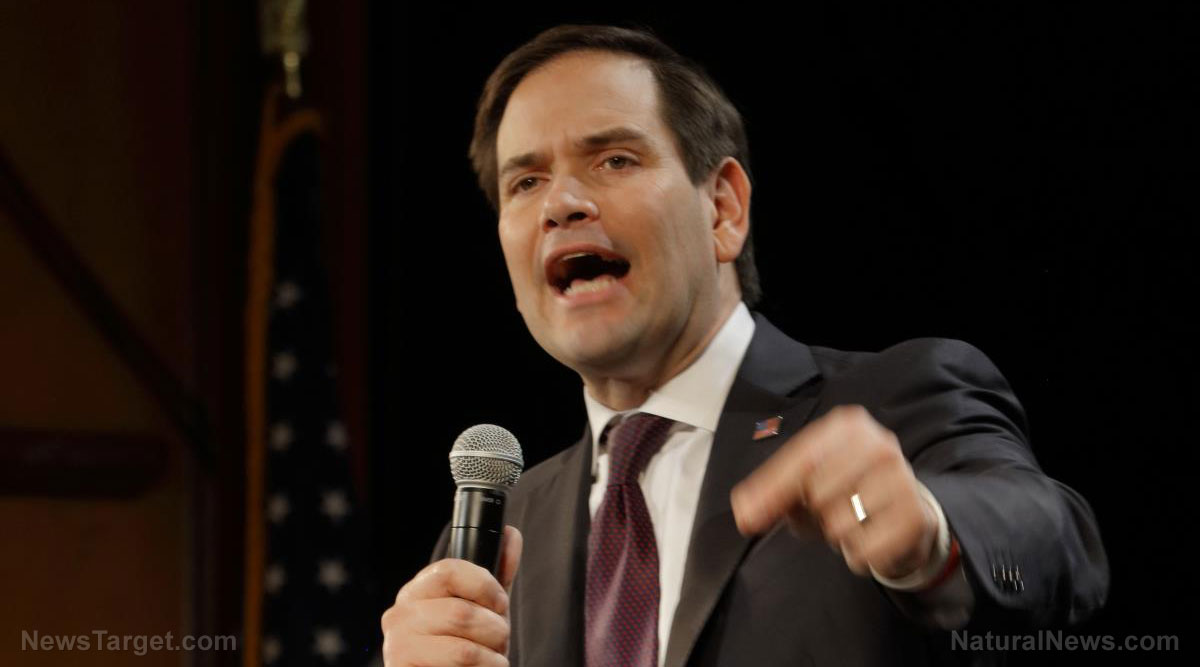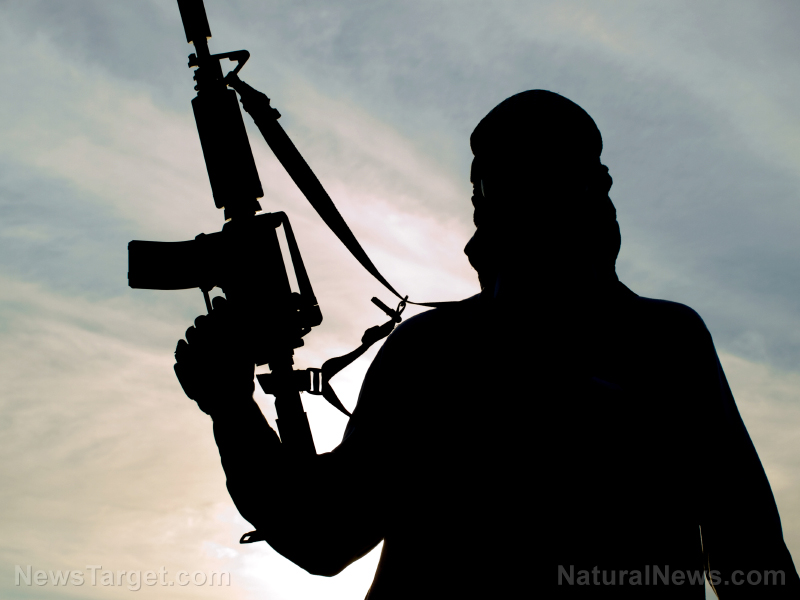
- Tehran has proposed major concessions, including abandoning nuclear weapons development, reducing uranium enrichment to civilian levels and allowing international inspections, in exchange for the lifting of U.S. sanctions.
- The offer, made by a senior Iranian official, signals a pragmatic shift in Iran’s stance despite historic distrust of the U.S., especially after Trump withdrew from the 2015 nuclear deal.
- During his Gulf tour, Trump combined economic deals (e.g., defense agreements with Saudi Arabia and Qatar) with warnings of military action if Iran refuses to negotiate.
- The U.S. lifted sanctions on Syria’s transitional government and highlighted Qatar’s potential mediation role, reflecting a broader pivot toward pragmatic engagement over regime change.
- Skepticism persists due to Iran’s credibility concerns, opposition from Israel and doubts about Trump’s ability to deliver on ambitious diplomatic promises.
Iran offers major concessions: A nuclear deal on the horizon?
According to NBC News, Ali Shamkhani, a senior advisor to Iran’s Supreme Leader Ayatollah Ali Khamenei, has stated that Tehran is willing to sign a nuclear deal with the U.S. under certain conditions. These include committing to never develop nuclear weapons, eliminating its stockpile of highly enriched uranium capable of weaponization, restricting uranium enrichment to civilian levels and allowing international inspectors to oversee the process. In return, Iran insists on the immediate lifting of all economic sanctions. Shamkhani’s comments represent the clearest public statement yet from the Iranian leadership on its willingness to negotiate. “It’s still possible,” he said. “If the Americans act as they say, for sure we can have better relations. It can lead to a better situation in the near future.” This offer comes despite Tehran’s longstanding distrust of the U.S., particularly since Trump withdrew from the 2015 JCPOA nuclear deal under President Barack Obama. The Islamic Republic has long framed its nuclear enrichment program as a matter of national sovereignty, while also denying any intention to develop nuclear weapons. Shamkhani’s remarks, however, suggest a pragmatic shift in Tehran’s approach, potentially signaling a calculation that engaging with Trump could yield tangible benefits.Trump’s Gulf diplomacy: A strategy of carrots and sticks
During his recent tour of the Gulf, Trump has emphasized deal-making and offering concessions to key regional partners, while also maintaining a tough stance on Iran. In Saudi Arabia, the president signed massive defense deals and secured commitments to boost energy production, while in Qatar, he inked a record-breaking $200 billion deal for U.S. commercial jets. These moves have reinforced traditional U.S. alliances while signaling a renewed focus on economic and strategic partnerships. Simultaneously, Trump has used his Gulf tour to press for a resolution on the nuclear issue. While in Saudi Arabia, he warned Tehran that the U.S. would not hesitate to take military action if talks failed. “We’ll either do it friendly or we’ll do it very unfriendly,” Trump said. “And that won’t be pleasant.” The Trump administration’s approach contrasts sharply with the Obama-era strategy, which prioritized multilateral diplomacy and international consensus. Instead, Trump has sought to leverage carrot-and-stick diplomacy, using the threat of sanctions and military action alongside offers of economic cooperation to pressure Iran into compliance.Regional shifts: Syria’s sanctions lift and Qatar’s mediator role
The announcement of potential progress on the nuclear front came during Trump’s expanded Gulf tour, which included a historic meeting with Syria’s President Ahmad al-Sharaa. Al-Sharaa, once a high-profile figure in Syria’s opposition and linked to al-Qaeda’s affiliate in the country, emerged as the leader of Syria’s transitional government after the ouster of the Assad regime in December. Following their meeting, Trump agreed to lift sanctions on Syria, marking a significant shift in U.S. policy toward the war-torn nation. The move, encouraged by Saudi Arabia and Turkey, reflects Trump’s broader strategy to pivot away from regime change interventions and toward pragmatic engagement with regional leaders. Qatar, a key stop on Trump’s tour, has long played a pivotal role in U.S. military operations and regional diplomacy. During his visit, Trump signed vast defense agreements and highlighted Qatar’s potential role in mediating between Iran and the U.S. The emirate’s foreign policy has historically been shaped by its role as a financial and logistical hub for U.S. operations in the Gulf, as well as its ties to Islamist groups in Syria and elsewhere.Skepticism and challenges ahead
Despite the optimism surrounding the nuclear talks, significant hurdles remain. For one, Tehran’s willingness to follow through on its promises will be closely scrutinized by U.S. officials and international partners. Additionally, the relationship between Trump and Israeli Prime Minister Benjamin Netanyahu, who has opposed the nuclear deal, could complicate efforts to secure consensus within the broader Middle East. Moreover, Trump’s history of making bold claims about diplomatic breakthroughs has raised skepticism among analysts. While the promises of trillion-dollar economic exchanges and historic deals sound ambitious, the feasibility of these agreements has been questioned by experts. As Trump wraps up his Gulf tour, the coming months will be critical in determining whether the potential nuclear deal materializes or remains an unfulfilled promise. For now, the administration’s focus remains on planting the seeds of potential progress, with the hope that tangible results will follow.Iran-U.S. nuclear talks
President Trump’s Gulf tour has been a whirlwind of diplomacy, defense deals and historic meetings, with Iran’s nuclear concessions emerging as the most significant development. Tehran’s unexpected willingness to compromise could mark the beginning of a new chapter in U.S.-Iran relations, though challenges remain on both sides. As Trump seeks to cement his legacy, the success of these efforts will depend on whether his pragmatic approach can overcome decades of mistrust and pave the way for lasting stability in the Middle East. Sources for this article include: ZeroHedge.com NBCNews.com CBSNews.comNew Golden Age? Trump’s Qatar pact drives $1.2T in deals, centering U.S. interests
By Willow Tohi // Share
FDA greenlights 3 natural food dyes as synthetic toxins get phased out under RFK Jr.
By Cassie B. // Share
Thwarted ISIS plot on Michigan military base highlights ongoing domestic terror threat
By Willow Tohi // Share
Trump's Gulf tour sparks Iran nuclear deal breakthrough amid regional shifts
By willowt // Share
Coinbase stock drops 7% as SEC probes user metrics and hackers demand $20M ransom
By isabelle // Share
Gum bacteria invade heart, trigger dangerous heart rhythm problems
By isabelle // Share
Stanford student paper reveals China's efforts to infiltrate university, steal research
By ramontomeydw // Share
Zero-waste bean cooking: Repurposing pinto bean broth in soups or bread
By hrseditor // Share










